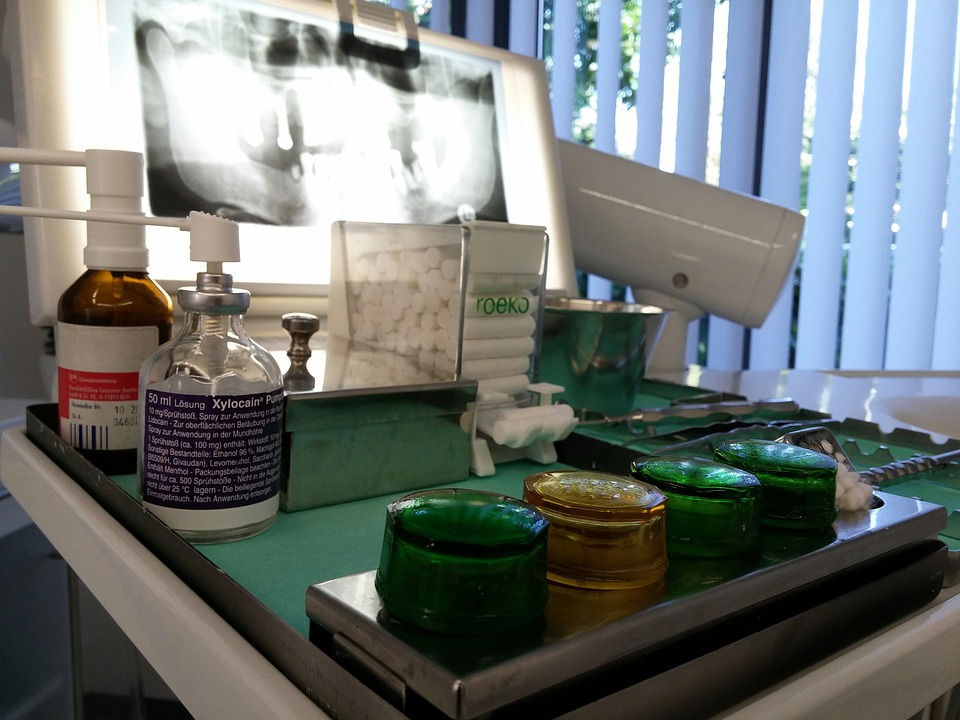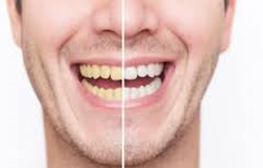
When you need specialized medical attention for your body, your doctor often refers you to another doctor trained in the type of care you need, such as a cardiologist for your heart or a neurologist for your brain.
Your oral health team has the same trained professionals to treat your specialized dental needs.
Your dentist in Kennewick is like your primary care physician. A general practice dentist covers basic dental care such as bi-annual check-ups and teeth maintenance care. This can include cleaning your teeth, checking for cavities and gum disease, and preventative and diagnostic x-rays.
Your primary dentist can also perform more invasive procedures, such as a root canal, but may also refer you to a dentist specializing in this kind of treatment.
Dental specialists include endodontists, periodontists, and prosthodontists. Each type of dentist focuses on a specific part of your oral health.
What are the differences in these types of dentists?
Endodontists Treat the Inside of the Tooth
While your primary dentist cares for the outside of your teeth, other specialized dentists can treat other parts of your teeth. As explained by Colgate.com, your tooth has several layers.
The white outside material is the enamel. Underneath the enamel is the dentin. Inside your tooth, underneath the enamel and dentin, is the pulp. This soft tissue inside the root or pulp canal contains the tooth’s blood vessels, nerves, and connective tissues.
An endodontist is a specialist who focuses on preventing, diagnosing, and treating diseases and injuries to the inside of your teeth, the pulp.
Your endodontist may perform more difficult root canal procedures, treat root damage from traumatic injury to the tooth, and perform other endodontic surgical procedures.
Periodontists Care for Your Gum Health
The health of your gums and jaw is an important part of your overall oral health. When there is a problem with either of these, your dentist may refer you to a periodontist for specialized care.
A periodontist is a dental specialist who focuses on the soft tissues and bones of your mouth. This includes your gums and also the supporting structures or bones connected to your teeth, such as your jaw.
Your Periodontist can diagnose and treat gum diseases such as gingivitis and also periodontitis, a gum and bone disease.
Some of the procedures a periodontist may perform include simple and deep pocket cleanings, crown lengthening, hard and soft tissue re-contouring, implant placement, and other techniques to restore your gums and other supporting structures of your mouth.
Prosthodontists Repair Lost or Damage teeth
If you lose or damage a tooth, your primary dentist might refer you to a prosthodontist. A prosthodontist specializes in repairing or replacing natural teeth.
Some techniques a prosthodontist might use to repair a tooth include cosmetic dentistry, such as porcelain veneers and gold or ceramic crowns. To replace a tooth, a prosthodontist may use devices such as a fixed bridge, dentures, or dental implants.
Some specially trained prosthodontists can replace missing parts of the face and jaw with prosthetic devices. These are artificial replacement parts to fit into the existing structure of your face or jaw.
Ask Your Dentist if You Need a Specialist
According to Dr. Eric Xu, a dentist in Olympia, Your primary dentist will often refer you to another dentist whose practice focuses on the part of your oral health that needs treatment. They can explain to you what the specialist does and any procedures that may be used to treat your specific condition.
Professional dental offices such as Kennewick Dental often work closely with, or have a network of specialist dentists in their practice. For more information about the different specialties for an Endodontist, a Periodontist, and a Prosthodontist, contact Kennewick Dental. Our professionally-trained staff can offer further details about specialized dental procedures.
- 10 Things You Need to Know About Invisalign Teen -
- Braces For Adults -
- 5 Questions about Esthetic Veneers, Answered -
- Are Dentures Right For You? -
- Endodontist vs Periodontist, and Prosthodontist: What’s the Difference? -
- The Ideal At-Home Routine for Caring for Your Teeth -
- 5 Signs It’s Time for a Dental Check-Up -
- Five Reasons Why Over-the-Counter Teeth Whiteners Are a Bad Idea -
- Tips to Conquering Dental Anxiety -
- Seven Proven Ways to Fight Halitosis -



